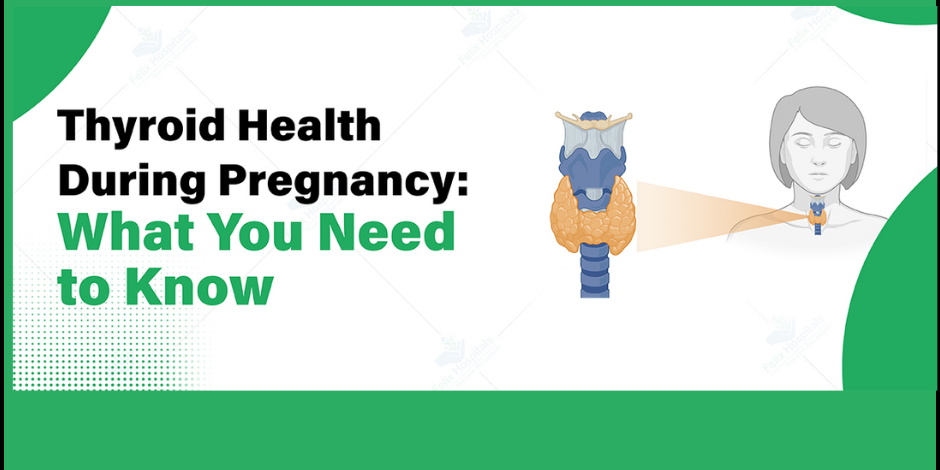Maintaining optimal thyroid health during pregnancy is essential for both the mother and baby. The thyroid gland produces hormones that are critical for regulating metabolism, supporting fetal development, and maintaining maternal health. Understanding thyroid health and its impact during pregnancy can help prevent complications and promote a healthy pregnancy journey.
1. The Importance of Thyroid Health During Pregnancy
The thyroid gland, located at the front of the neck, produces hormones that influence almost every organ in the body. During pregnancy, thyroid hormones play a vital role in the development of the baby’s brain and nervous system. For the mother, these hormones are essential for managing energy levels, mood, and metabolism. Imbalanced thyroid hormone levels, whether too high (hyperthyroidism) or too low (hypothyroidism), can lead to complications such as preterm birth, low birth weight, and even developmental issues for the child.
2. Common Thyroid Issues in Pregnancy
- Hypothyroidism: This condition, characterized by an underactive thyroid, can result in fatigue, weight gain, and mood swings. In pregnancy, untreated hypothyroidism can increase the risk of miscarriage, preeclampsia, and developmental delays in the baby.
- Hyperthyroidism: An overactive thyroid can lead to symptoms like rapid heart rate, weight loss, and anxiety. During pregnancy, untreated hyperthyroidism may cause complications such as high blood pressure, preterm birth, and even heart failure.
- Postpartum Thyroiditis: Some women experience thyroid inflammation after childbirth, leading to temporary changes in thyroid hormone levels. Although this condition is usually self-limiting, it can lead to symptoms of both hyperthyroidism and hypothyroidism.
3. Screening and Diagnosis
Regular screening for thyroid function is recommended, especially if you have a history of thyroid issues, autoimmune disease, or previous pregnancy complications. Blood tests that measure thyroid-stimulating hormone (TSH) and thyroid hormone levels (T3 and T4) can help identify any imbalances early, ensuring that any necessary treatment begins promptly.
4. Managing Thyroid Health During Pregnancy
- Medication: For those with hypothyroidism, thyroid hormone replacement is generally safe and may be adjusted throughout the pregnancy to maintain stable hormone levels. In cases of hyperthyroidism, specific medications may be used to prevent excessive hormone production.
- Diet and Supplements: Iodine is essential for thyroid health, and pregnant women require higher iodine levels. A balanced diet rich in seafood, dairy, and iodized salt, as well as a prenatal vitamin containing iodine, can support thyroid function.
- Regular Monitoring: Thyroid hormone levels can fluctuate during pregnancy, requiring ongoing monitoring. Frequent check-ups with your healthcare provider will ensure that any necessary adjustments to medication or diet are made promptly.
5. Why Choose Hiremath Hospital?
At Hiremath Hospital, Dr. Bharati Hiremath provides specialized care for expectant mothers, ensuring thyroid health is carefully monitored throughout pregnancy. With extensive experience in managing thyroid conditions and high-risk pregnancies, Dr. Hiremath offers personalized treatment and guidance, fostering a healthy environment for both mother and child.
6. Final Thoughts
Thyroid health is a key component of a healthy pregnancy. With proper screening, treatment, and support, most thyroid issues can be effectively managed, reducing risks for both mother and baby. If you have concerns about your thyroid health during pregnancy, consider consulting Dr. Bharati Hiremath at Hiremath Hospital for expert care and guidance tailored to your unique needs.
By staying proactive with your thyroid health, you can support a safer and healthier pregnancy journey.







